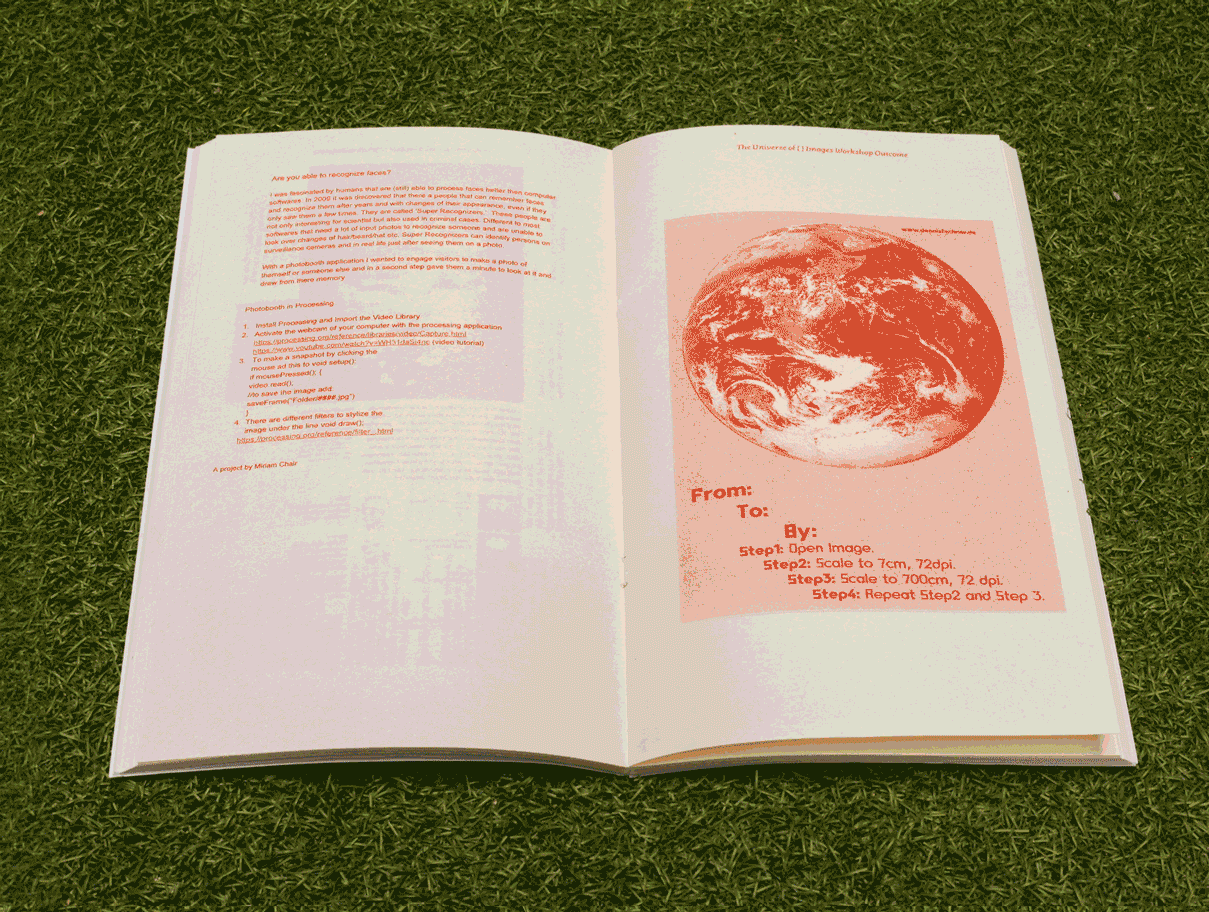Fake it! Fake them! Fake you! Fake us! Publication
In 2018 Hackers & Designers proposed to explore the notion of truth by interrogating what the tools and technologies that we are building, using and updating and therefore reaffirming are capable of? Do we really know? Do we need to know? The 4th edition of the H&D Summer Academy (HDSA2018) was given the title: Fake it! Fake them! Fake you! Fake us! calling for taking truth into own hands.
By inviting hackers/designers/makers/artists who took part in our activities in 2018 to participate to this new publication we propose to establish a critical perspective on truth and accountability in relation to technology, and call for an informed dealing and working with multiple truths. Together we look at the role of technical applications within the de-/construction of truth. How can the tools we build and use shape how we publish and consume media? Who can we trust when the concept of truth has vanished? Can ideas of 'subjectivity' replace the notions of objectivity and rationality? What happens to responsibility and accountability?
With contributions by André Fincato, Anja Groten, Antonin Giroud-Delorme, Biyi Wen, Celeste Perret, Colm O’Neill, fanfare, Formes Vives, Hay Kranen, James Bryan Graves, Jaroslav Toussaint, Jeannette Weber, Joana Chicau, Lacey Verhalen, Leith Behkhedda, Leon Butler, Lucas LaRochelle, Meike Hardt, Nishant Shah, Roberta Esposito, Ruben Baart, Shailoh Philips, the participants to the Summer Academy 2018 and the participants of the Universe of [ ] Images.
The book was auto-generated using our Docs → HTML → PDF tool.
H&D book 2018
Description
Script to auto-generate a book from a bunch of documents downloaded from Google docs as HTML files. The script will remove most of the CSS and combine all the documents in one file: build/book.html. Then Weasyprint converts the HTML to PDF.
Installation
Make sure you have weasyprint installed as per instructions : https://weasyprint.readthedocs.io/en/stable/install.html
Mac
On mac you'll have to install some stuff with Homebrew, so read the guide.
We had a problem with a Cairo version, so we had to force a version with
pip install cairocf==0.9.0
Then:
pip install WeasyPrint
And install the other dependencies
pip install pathlib beautifulsoup4
We had locale errors on some machines. Set locale with:
export LC_ALL=en_US.UTF-8
export LANG=en_US.UTF-8
or add those to the shells .rc file
Usage
Export the documents from Google docs and place in ./srcdocs
Run clean command
./generate.sh -c
This will place the cleaned documents in ./srcdocs/clean. Adjust as needed.
Run build command
./generate.sh -b
That will generate ./build/book.html & run Weasyprint to generate ./build/book.pdf
Set the output filename by adding
./generate.sh -b --output hdbook.pdf
Resources
https://www.w3.org/TR/css-page-3/#cascading-and-page-context https://www.smashingmagazine.com/2015/01/designing-for-print-with-css/
